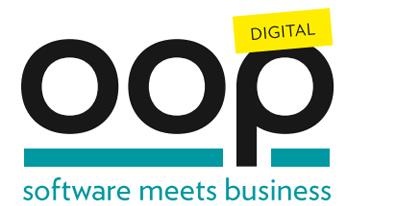
RÜCKBLICK AUF DAS PROGRAMM 2021
How to Train Your Programmer
Are the skills we apply as software developers of general value? Is our activity the collaborative exploration of creative spaces or the solitary application of mathematical techniques? This talk explores what programming can be, and what that means for teaching. Specifically, the prevalent approaches to teaching don't work, with disastrous effects for both inclusion and software quality. What does work is quite surprising. This talk gives a perspective on teaching from over 30 years of experience in schools, university, and industry.
Target Audience: Anyone
Prerequisites: None
Level: Basic
Extended Abstract:
In the past, we've been practicing software development mainly as tinkering, and teaching it as such through examples, and this has mostly been a failure. If the software of the future and its impact on society is to be better than the depressing present, fundamental changes are necessary. The common approach to teaching, example-based teaching, expects knowledge about what we do to propagate via mental osmosis. It doesn't work, and, worse, communicates the wrong things. As software people, we have great potential to demonstrate the value of thorough listening, deep analysis, self-criticism, attention to detail, and systematic abstraction. Moreover, we can show how astounding creativity grows from these tenets. This talk will report on experience from 30 years of teaching software development to people of all ilks, and show you how to apply them to your co-workers, students, children, and maybe even yourself.
Michael Sperber is CEO of Active Group in Tübingen, Germany. Mike specializes in functional programming and has been an internationally recognized expert in the field: He has spoken at the top conferences in programming languages, authored many papers on the subject as well as several books. Moreover, he is an expert on teaching programming.
Mehr Inhalte dieses Speakers? Schaut doch mal bei sigs.de vorbei: https://www.sigs.de/autor/michael.sperber

